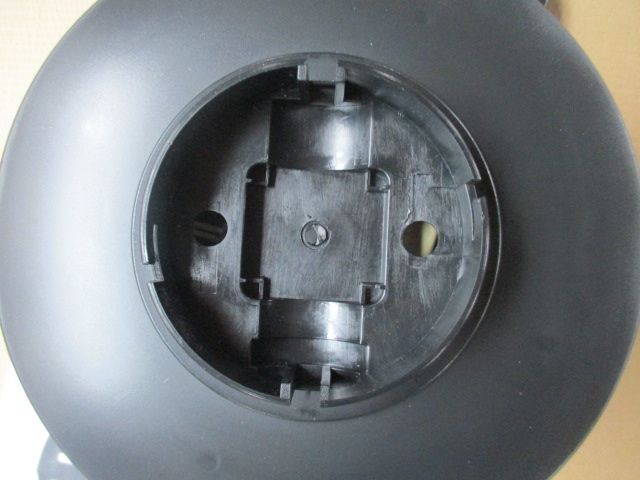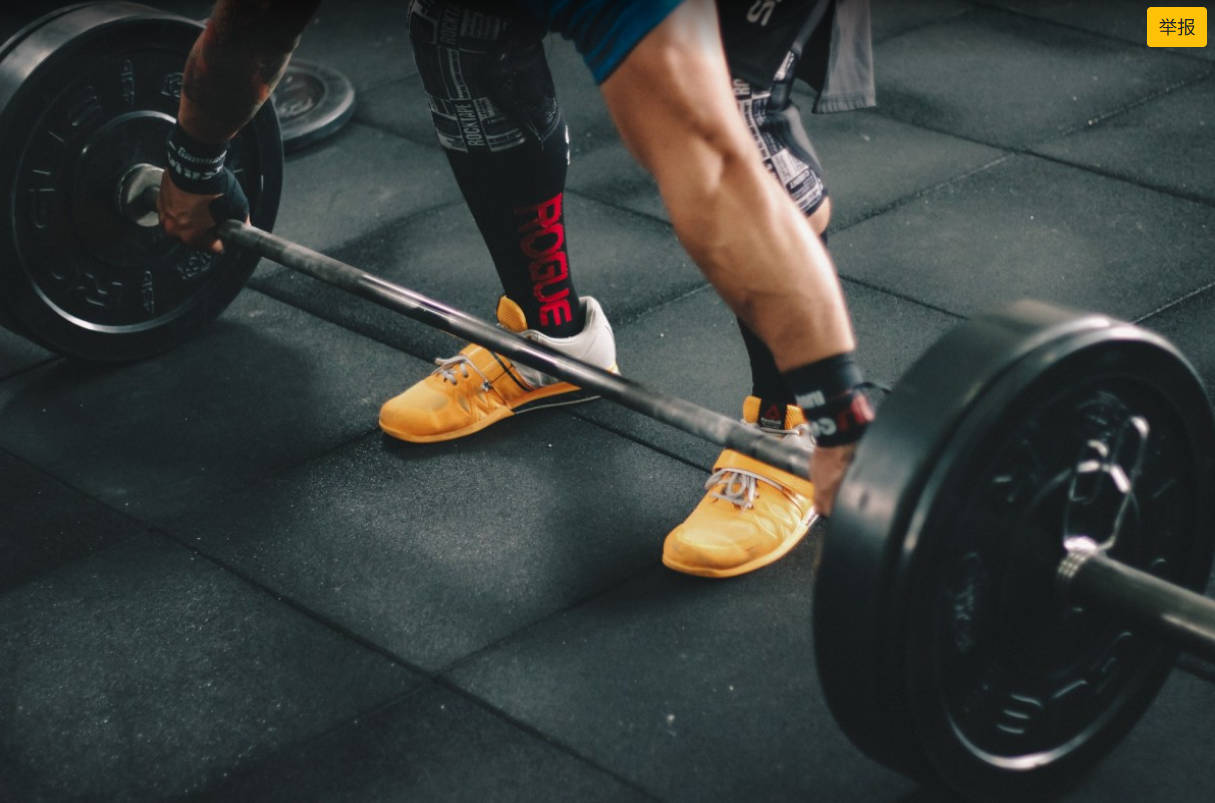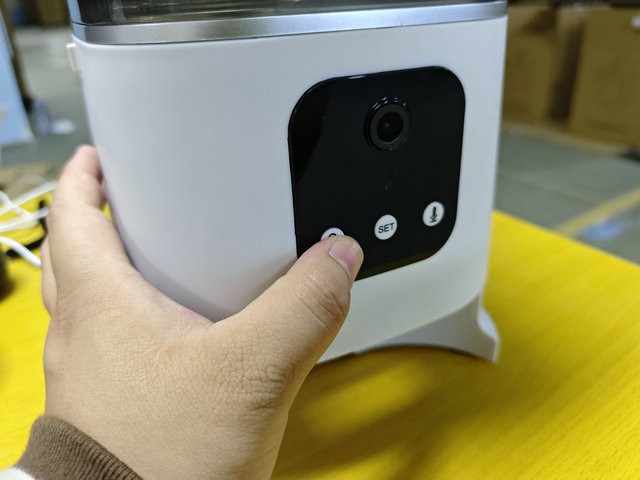When sourcing products from overseas, particularly from countries like China, ensuring that your goods meet quality standards and specifications is critical to the success of your business. One essential step in this process is the Initial Production Check (IPC). Conducting an IPC at the beginning of the manufacturing process helps detect potential issues early and ensures that production proceeds according to your requirements. In this article, we’ll explain the importance of the Initial Production Check, how it works, and why it should be a standard part of your quality control strategy.

Contents
What is an Initial Production Check (IPC)?
An Initial Production Check (IPC) is a quality control inspection conducted early in the production process, typically when a significant portion of the raw materials or components has been prepared and production has started, but before mass production reaches its peak. This inspection is designed to verify that the manufacturing process is on track and that the product specifications, materials, and production methods align with the buyer’s expectations.
The IPC focuses on checking that the initial stages of production meet the agreed-upon standards and that the factory has the necessary resources, tools, and personnel to carry out the order successfully. By performing an IPC, companies can avoid delays, defects, and other issues that could arise during mass production.
Why is the Initial Production Check Important?
- Verify Production Readiness
The IPC helps assess whether the manufacturer is ready to produce at scale. Inspectors check if the factory has the correct materials, tools, and resources in place to meet the buyer’s specifications. If anything is lacking or incorrect, adjustments can be made early in the process, ensuring smoother production later on. - Identify Early Production Problems
Catching issues early is key to preventing defects, production delays, or non-compliance issues. The IPC ensures that the first items produced meet the necessary standards and that any potential issues—whether they be design flaws, material defects, or equipment problems—are addressed promptly. - Ensure Compliance with Specifications
The IPC allows inspectors to verify that the raw materials, components, and production processes align with the buyer’s product specifications. This early-stage check helps ensure that the final product will meet the buyer’s quality standards. - Improve Supplier Accountability
By conducting an IPC, you hold the supplier accountable from the start. If there are any discrepancies or issues in the early stages, they can be resolved before the factory progresses too far in the production process. This helps build a more transparent and reliable relationship between buyers and suppliers.
How Does an Initial Production Check Work?
The process of an Initial Production Check typically involves several key steps:
- Pre-Inspection Planning
Before the inspection takes place, the buyer and inspection agency outline the specific requirements for the IPC. This includes defining the scope of the inspection, such as the materials to be checked, the production processes to be reviewed, and the product specifications to be verified. - On-Site Evaluation
An inspector visits the factory during the early stages of production to assess various aspects of the manufacturing process. Key areas evaluated include:- Raw Materials: Ensuring that the correct raw materials are being used as per the product specifications.
- Production Equipment: Verifying that the equipment being used is in good working condition and suitable for the scale of the production.
- Sample Products: Inspecting the first batch or samples produced to ensure they meet quality standards, functionality, and design specifications.
- Factory Setup: Checking whether the factory is prepared for mass production, including evaluating production capacity and ensuring the factory has the required staff and resources.
- Product and Process Inspection
During the IPC, inspectors also review the production process itself. This may involve verifying the production methods, checking for any defects in the samples produced, and ensuring that the production line is operating smoothly. - Reporting and Recommendations
After the inspection, the inspection company provides a detailed report that includes the findings, any issues found, and recommendations for corrective actions if necessary. The report might include photographs of any discrepancies and highlight areas where improvements can be made. - Supplier Feedback
Based on the IPC findings, the buyer communicates with the supplier to address any issues or concerns. If problems are identified, the supplier can take corrective measures to align the production process with the required standards before mass production begins.
Key Benefits of the Initial Production Check
- Prevents Costly Errors
Catching problems early helps prevent costly errors later in production. The IPC reduces the risk of major issues emerging after mass production, which could result in rejected shipments, costly repairs, or delays. - Improves Product Consistency
By ensuring that production is on track from the start, the IPC helps maintain consistency in the final product, ensuring that all units meet the required specifications and quality standards. - Ensures Timely Production
The IPC helps identify and address issues before they affect the entire production timeline. By ensuring that the factory has everything it needs to produce the goods according to the schedule, you reduce the chances of delays and bottlenecks later on. - Enhances Supplier Relationships
Conducting an IPC demonstrates a commitment to quality control and transparency. It fosters a stronger relationship with suppliers, encouraging them to stay focused on meeting your quality and production expectations. - Reduces the Risk of Non-Compliance
The IPC helps ensure that the products comply with regulatory and industry standards, reducing the risk of customs issues, fines, or product recalls when the goods reach the destination country.
When Should You Conduct an Initial Production Check?
An Initial Production Check should be performed shortly after production begins and before the majority of the goods are produced. Typically, this occurs when 0%-30% of the production has been completed, but it can vary depending on the nature of the product and the production timeline. The key is to conduct the inspection early enough to identify issues before they can impact the entire production run.
Conclusion
The Initial Production Check (IPC) is a crucial step in quality control when sourcing products from overseas. By ensuring that production is on track from the start and that materials, equipment, and production processes meet the required specifications, businesses can avoid costly mistakes, delays, and non-compliance issues. Conducting an IPC allows for early detection of potential problems, better supplier accountability, and ultimately a higher-quality final product.
If you’re sourcing products from overseas, especially from China, partnering with a reliable inspection agency to conduct an Initial Production Check can save you time, money, and stress while ensuring the success of your manufacturing project.






